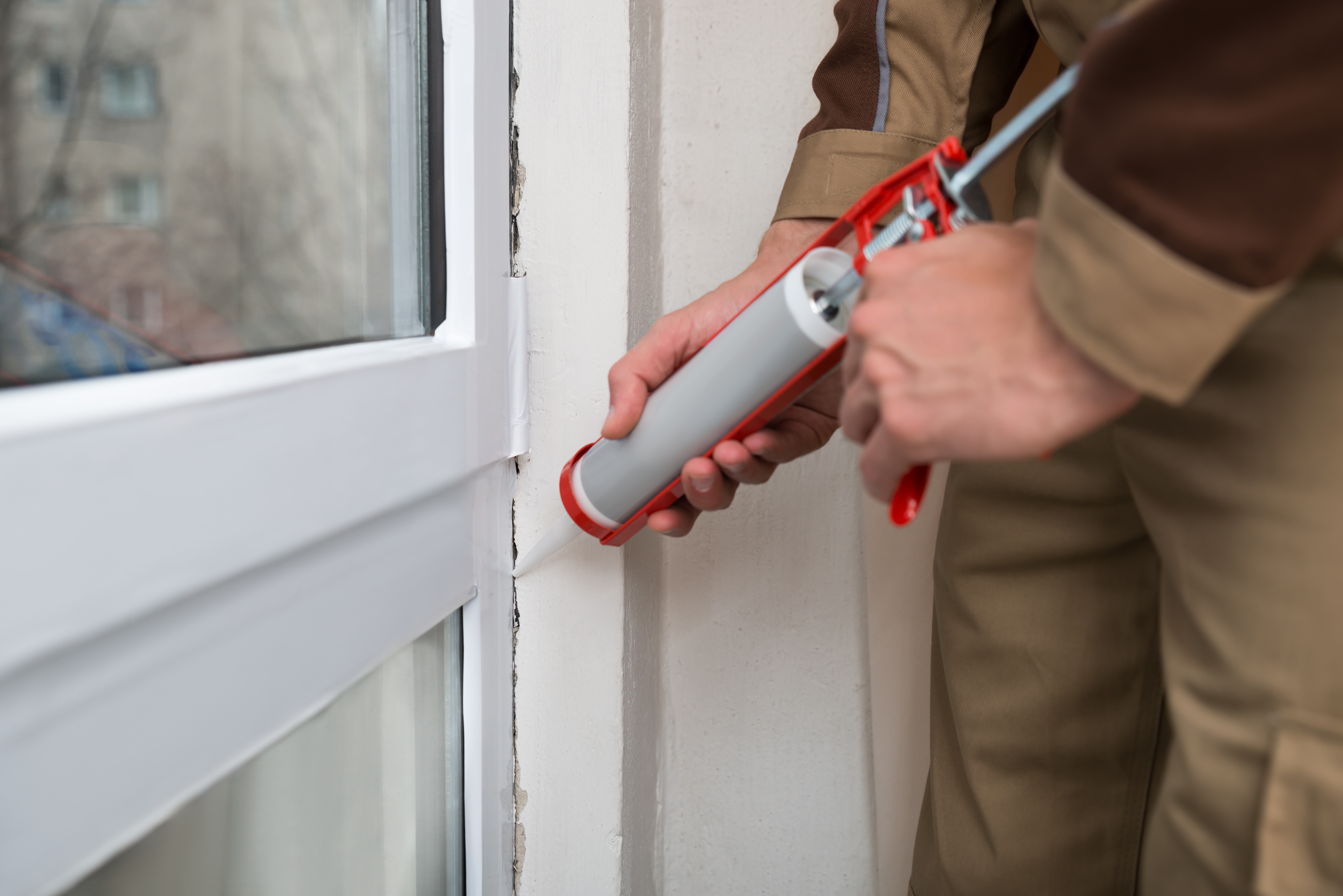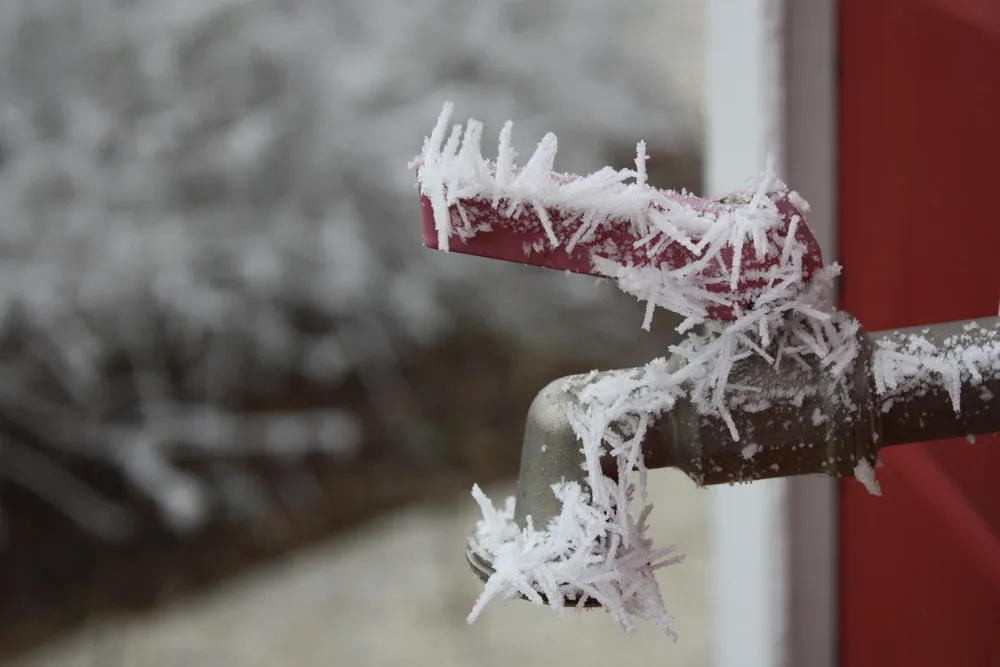

Winter is here and the temperatures are dropping. If you are a first-time homeowner, here are a few things you might want to consider when prepping your home. First, eliminate the cold air coming from the outside. Second, prevent heat from escaping from inside the home. Lastly, make sure your pipes do not freeze.
Caulking – Try silicone caulk to seal areas around windows, doors and around any vents. If you have a chimney, make sure you caulk or seal any cracks around it, or consult a mason for cracks in the mortar.
Weather Stripping – This can be used like caulk and comes in a tape form. It doesn’t get into all the nooks and crannies like caulk, but it is easy to use and not as messy. There is also no dry time for weather stripping.1
Curtains/Blinds – Curtains are a decorative and practical way to keep your home warm. You can use curtains to keep out the cold air, but make sure the curtains are thick enough to get the job done.
Draft Snake – Everyone has probably used something like this. It is a long pillow that you can put in front of the door to keep out the draft, just be sure it does not block use of the door in the event of an emergency. You can also try placing a towel or a blanket in front of the door.
Furnace – Make sure you have your furnace cleaned professionally once a year. Also, clean your furnace’s exhaust vents frequently to remove any debris and check your thermostat to make sure it is in good working order. If you have a disposable furnace filter, change it regularly.2
Vents – These need to be cleaned yearly. You want your vents working properly at any time of the year, but especially in the winter.2
How to Keep Pipes from Freezing
PEX - If you are tired of fixing busted pipes, this might be an option for you. Ask your plumber if PEX or PVC may be an option if you have to replace busted pipes. Typical water supply pipes are metal or copper, and these tend to freeze and burst easier. Make sure that you consult a professional before making any changes to your home plumbing system.
Heat Tape – You can wrap heat tape or insulation around your pipes to keep them from freezing, but be careful with heat tape. Be sure to follow the manufacturer’s instructions very carefully or have it installed by a professional. If you overlap heat tape, it can cause a fire.1
Check Out Our Maintenance Checklist